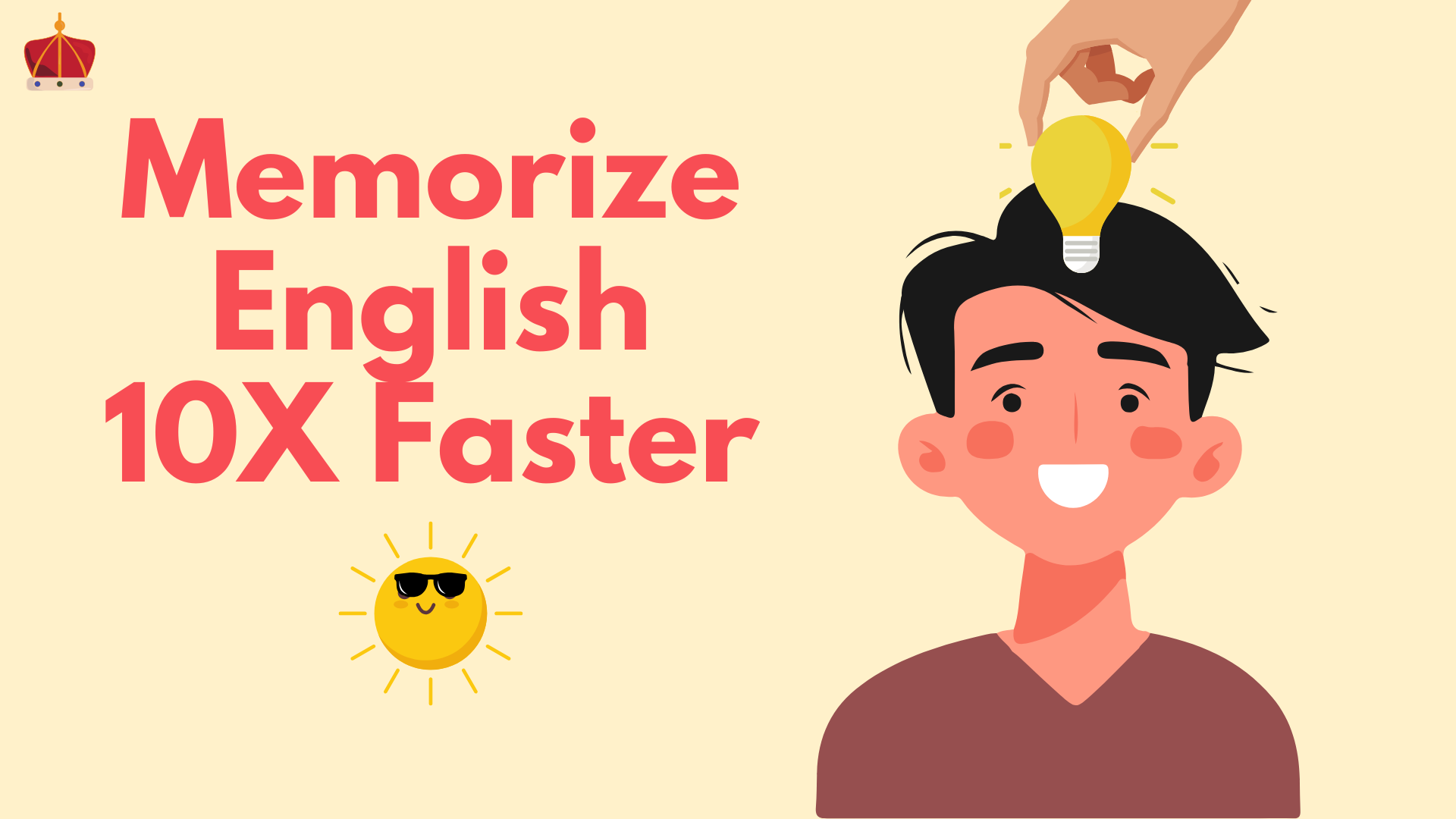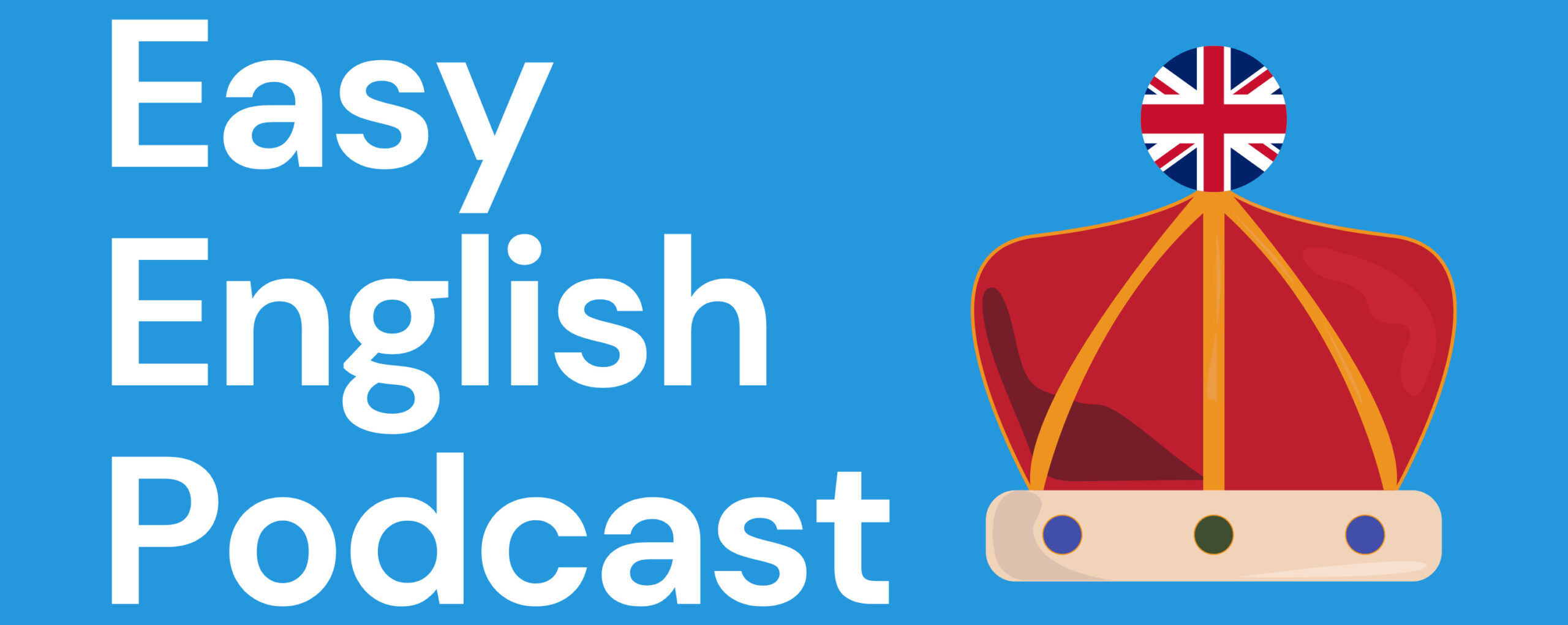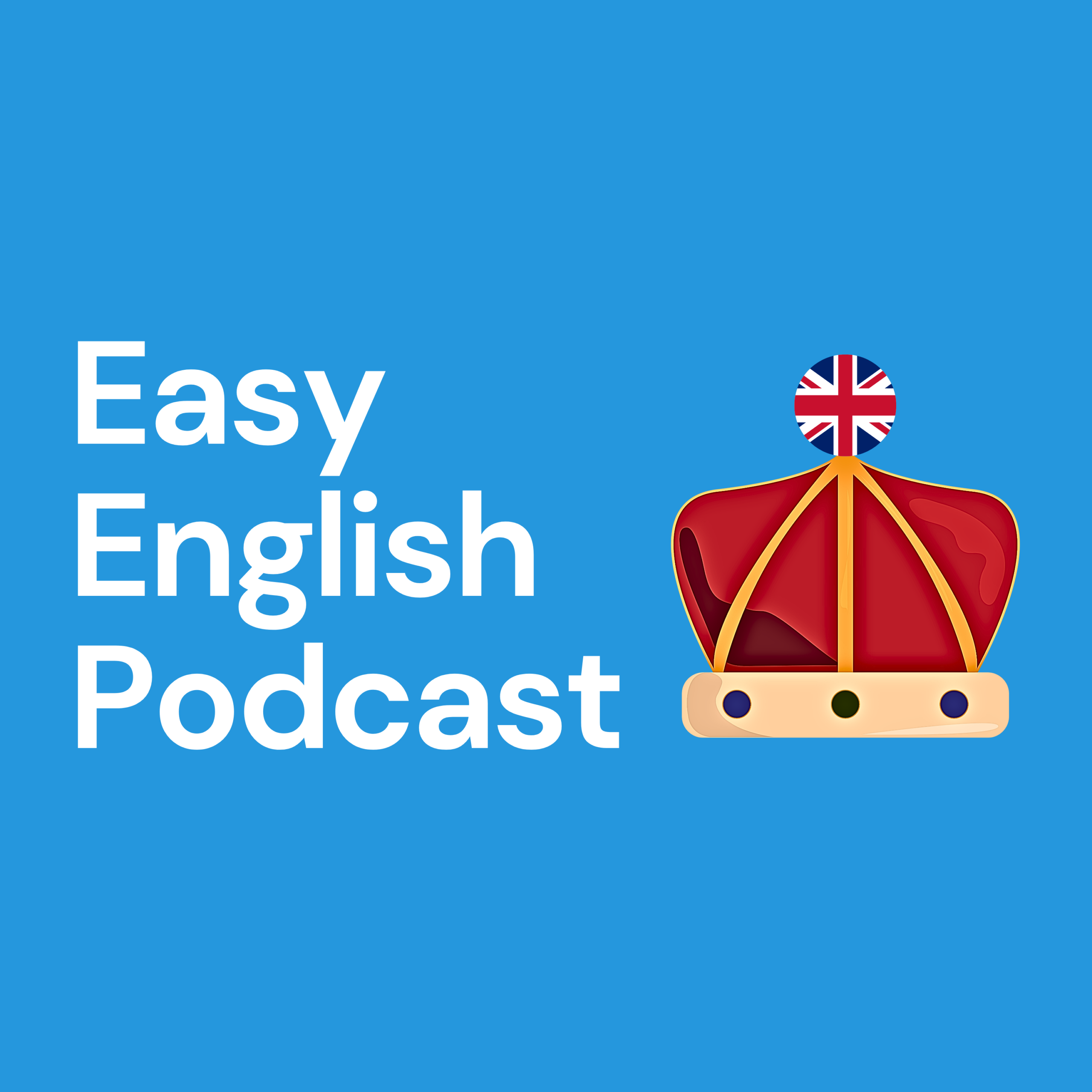
How to Memorize English Vocabulary Effectively
Welcome to the Easy English blog! Today, we’re diving into a critical topic for English language learners: how to memorize English vocabulary effectively. Whether you’re just starting out or working your way through intermediate levels, mastering vocabulary is essential for improving your speaking, writing, and comprehension skills. Let’s explore some proven techniques and strategies that will make your vocabulary stick!
Why Memorization Matters
Memorization is the foundation of communication in English. To speak, read, or write fluently, you need a strong base of words, phrases, and grammar stored in your memory. Think of your brain as a toolbox: the more tools you have, the more tasks you can accomplish.
But memorization isn’t just about cramming new words into your brain. It’s about ensuring that information stays there so you can recall it when you need it. The strategies we’ll cover will help you achieve this effectively.
The Power of Note-Taking
One of the most effective tools for memorizing English vocabulary is note-taking. While it may sound simple, research shows that handwriting notes can significantly improve memory retention.
A 2014 study by Princeton University compared students who took notes by hand to those who typed them on a laptop. The results were surprising: students who wrote their notes by hand remembered more and understood the material better. Why? Writing forces you to slow down, process the information, and organize your thoughts, creating stronger mental connections.
How to Use Note-Taking for English Learning:
- Write down new words or phrases you hear in class or on this blog.
- Summarize key ideas in your own words.
- Create sentences using new vocabulary to see how it works in context.
Spaced Repetition: The Science of Long-Term Memory
Another powerful method is spaced repetition. This technique involves reviewing new vocabulary at gradually increasing intervals. Digital tools like Ankydroid and Quizlet are excellent for implementing this method.
How It Works:
- Enter new vocabulary into a digital flashcard app.
- Rate how well you remember each word.
- The app will schedule reviews based on your performance, helping move words from short-term to long-term memory.
Turn Notes into Action
Memorizing vocabulary isn’t enough; you need to use it! Here are some practical ways to put your notes into action:
- Write Sentences: Practice writing sentences with your new words to reinforce their meaning and usage.
- Speak Aloud: Incorporate new vocabulary into your conversations or practice speaking them out loud.
- Combine Techniques: Mix writing, speaking, and using apps to create a multi-sensory learning experience.
A Quick Success Story
One of my classmates struggled with vocabulary memorization until he combined techniques like handwriting notes, using flashcard apps, and writing sentences with new words. Within months, he saw a massive improvement in his ability to recall and use vocabulary confidently in conversations.
The takeaway? There’s no single magic method. Experiment with different strategies until you find what works best for you.
Final Tips for Success
To make the most of these strategies, remember:
- Stay consistent with your practice.
- Engage multiple senses (sight, touch, and sound) for stronger memory connections.
- Don’t be afraid to try new techniques or adjust your approach as needed.
Difficult Words from This Post:
- Memorization: The process of learning something to remember it.
- Retention: The ability to keep or hold information in your memory.
- Spaced Repetition: A learning technique that spaces out reviews of material over time.
- Context: The situation or environment in which a word is used, giving it meaning.
- Multi-sensory: Involving multiple senses, such as sight, touch, and sound.
Start Memorizing Today!
By following these strategies, you’ll build a strong vocabulary foundation and gain confidence in using English. If you found this post helpful, share it with a friend or leave a comment below. Don’t forget to check out our Easy English Patreon for exclusive content and resources. Happy learning!

